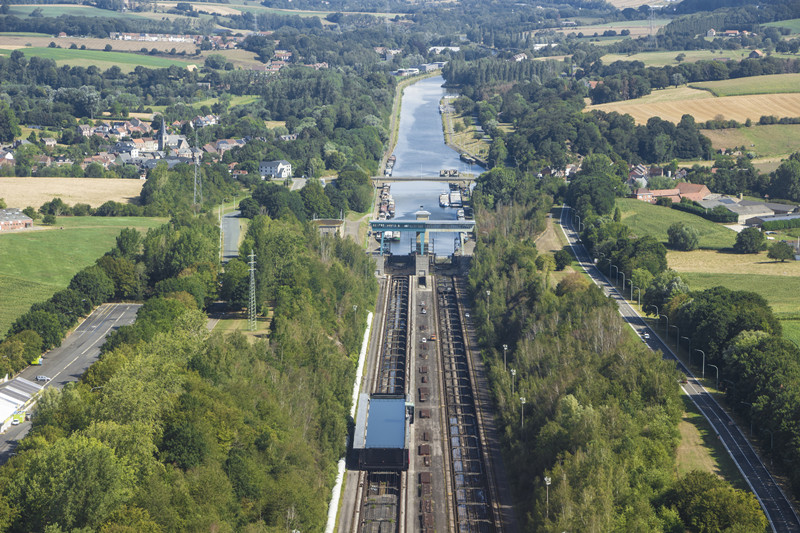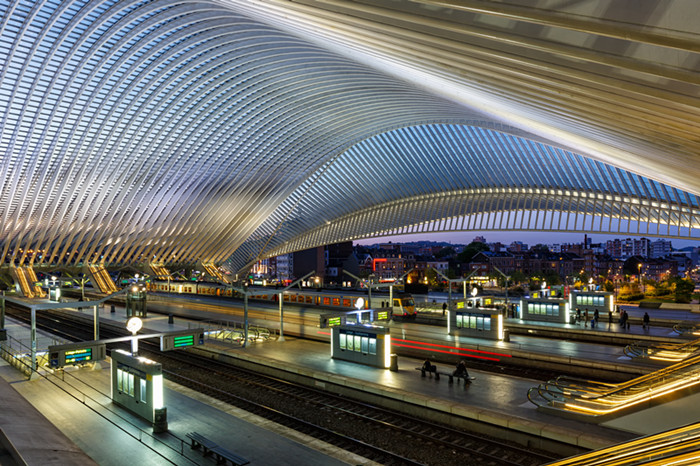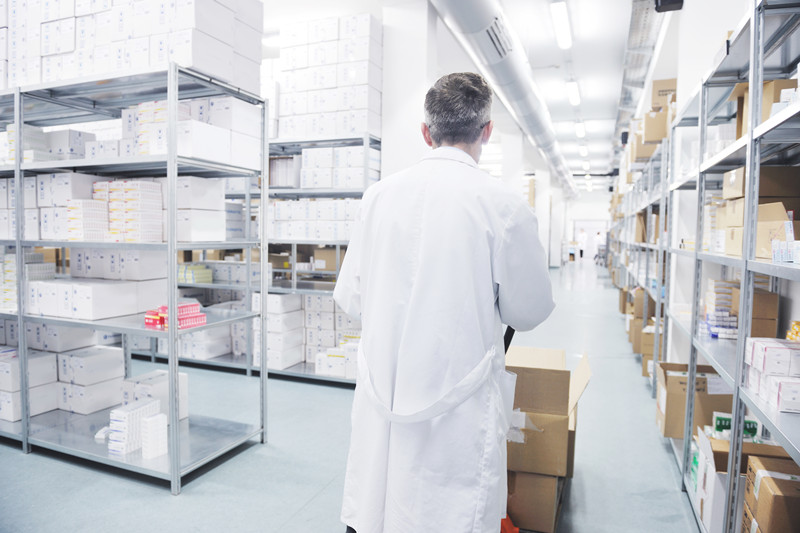Wallonia, a hub for the import of medical material into Europe
chinadaily.com.cn | Updated: 2020-04-15 09:30
During this global health crisis, Wallonia, a region in the Kingdom of Belgium, is proving to be a central logistics platform for the importing of emergency medical equipment into Europe.

With the COVID-19 pandemic currently spreading, hospitals are facing an unprecedented shortage of medical equipment. Wallonia is playing an important role in this relief effort thanks to Liège airport, which is enabling the efficient distribution of equipment throughout Europe. The most revealing example are the tens of millions protective masks and other medical equipment that have passed through Liège Cargo Airport to then be sent to those European countries most affected by the Coronavirus.
Liège, a cargo hub for Chinese-European trade

As the 7th largest cargo airport in Europe, Liège Airport enjoys multiple air and rail connections and easy access to warehouses and storage facilities that are essential in this race against time to counter the shortage of medical equipment. "We are proud of the efforts made to transform this logistics hub into a highly efficient transit centre for humanitarian goods," stated Luc Partoune, CEO of Liège Airport. Liège airport began transporting medical equipment to China at the start of the epidemic and now to Europe at this stage of the crisis.
Several planes from China in particular are landing at Bierset Airport every day. On board are batches of masks, protective equipment and testing kits sent by the Alibaba Foundation and the Jack Ma Foundation, named after the founder and former boss of the Chinese e-commerce giant.
The first shipments were sent primarily to Italy and Spain, but also to the United Kingdom, Germany, Portugal, Denmark, Ireland, Austria, Slovenia, Switzerland, Sweden and elsewhere.
The key role of the Walloon Export and Foreign Investment Agency

When the Belgian health authorities first requested protective masks, the AWEX teams in Belgium and China set to work compiling a list of suppliers certified and approved by the Chinese authorities and sent it to the Belgian health authorities.
As it now had to deal with the arrival in Europe of millions of masks and PPE equipment (gloves, glasses, visors, blouses and coveralls) of varying quality, the Belgian Federal Agency for Medicines recommended that the country's hospitals use AWEX screening, which is recognised as currently offering the most reliable equipment. The same applies to the medicines/molecules currently urgently required in producing countries.
Since then, to meet the growing needs for medical equipment, the AWEX teams have been using their vast experience of international trade to identify manufacturers, list suppliers (and their certifications), analyse transport modalities and track arrivals and customs clearance procedures, in particular with their Chinese colleagues.
What about the future?
The current situation is challenging all stakeholders, whether Chinese or European. But once the health crisis is over, it will be time for recovery, a vital period for eliminating the negative effects of this crisis and for re-establishing and tightening the links between China and Europe. The multimodal freight and transport platforms in Wallonia will still play a central role in this recovery, which is essential for allowing all stakeholders to grow from this challenge and come out of it stronger, better adapted and better able to develop sustainable and supportive partnerships.
























